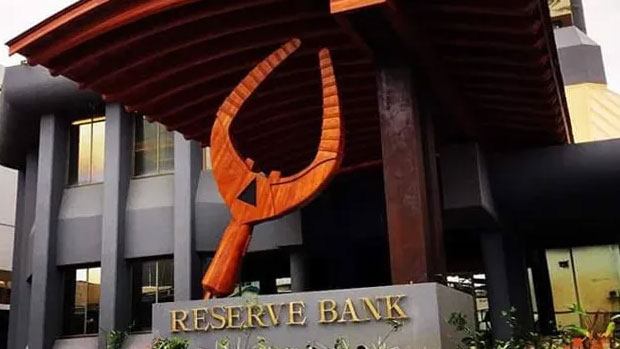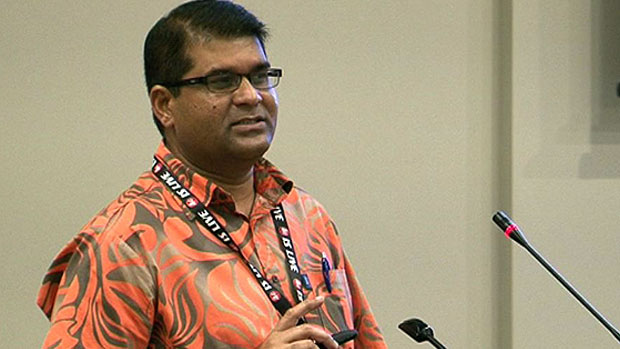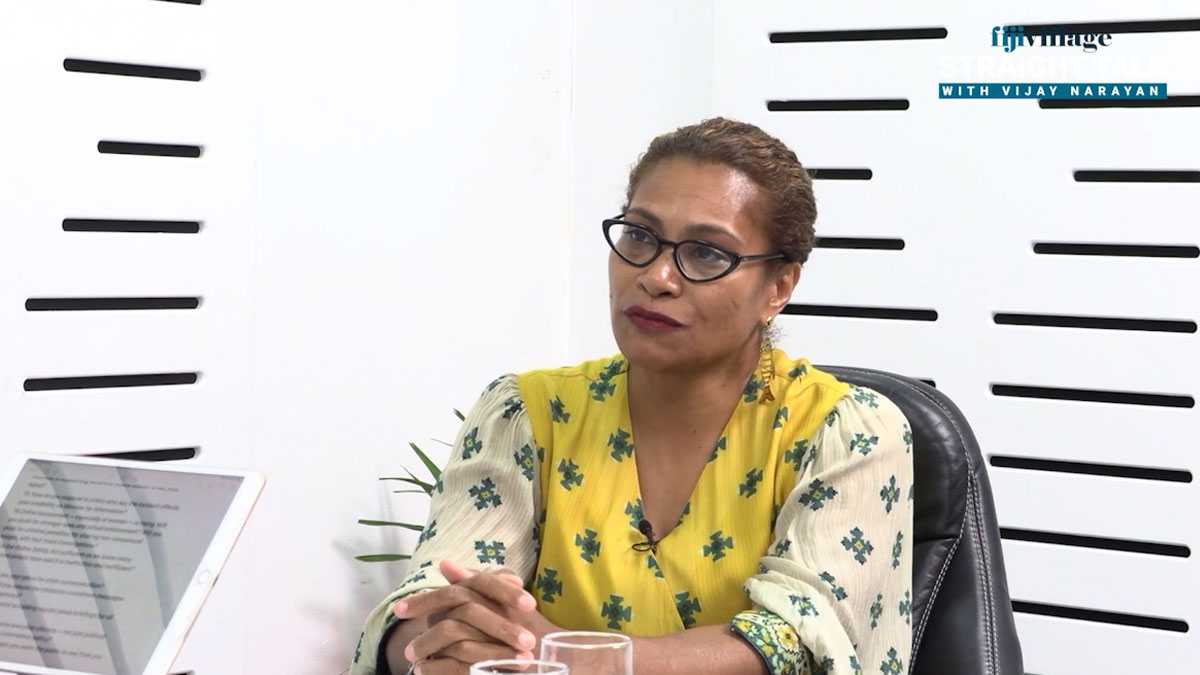
The Reserve Bank of Fiji says the Fijian economy is now expected to go down in 2020 against a 1.7 percent growth earlier projected, and the full effect of how the economy gets affected from COVID-19 cannot be predicted as the situation remains fluid.
RBF has also made it clear that based on it’s baseline scenario, the magnitude of the contraction in the Fijian economy will depend on how long the COVID-19 pandemic persists.
RBF Governor, Ariff Ali says partial indicators for consumption and investment in Fiji point to sustained softness in aggregate demand, which means consumption and investments are expected at reduced levels.
Ali also says credit growth continues to slow down, as job recruitment intentions were low in the first two months of the year in Fiji.
The RBF Governor says the negative impact of the coronavirus has already been felt in the tourism industry in Fiji, with cancelled travel and hotel bookings as well as reduced flights.
Ali says given the industry’s major and deep linkages with the rest of the economy, flow-through effects will also affect the key wholesale and retail trade, construction, transport and manufacturing sectors, including Government revenue.
The RBF says nevertheless, several factors should help mitigate the impact of COVID-19 on the domestic economy.
Ali says excess bank liquidity remains adequate, totalling $669 million as at 17th March 2020.
The Governor says Fiji’s financial system is also assessed to be sound, underpinned by solid capitalisation and liquidity ratios.
He says inflation in February came out at a historic low of -3.0 percent due to annually lower prices for Yaqona, vegetables & fruits and kerosene.
Foreign reserves are also adequate at $2.264 billion as at today, equivalent to 5.8 months of retained imports of goods and services cover.

The Reserve Bank of Fiji Board has reduced its overnight policy rate or lending rate to 0.25% from 0.50% to the commercial banks following the RBF’s assessment of the global effects of the recent coronavirus outbreak and its implications on Fiji’s GDP growth and the RBF’s twin monetary policy objectives.
The overnight policy rate is the interest rate at which RBF lends immediately available funds or balances within the central bank, to the commercial banks overnight.
The Governor and Chairman of the Board, Ariff Ali noted that in light of the negative impact of COVID-19 on global travel and trade, as well as deteriorating consumer and business confidence in recent weeks, the reduction in the overnight policy rate or lending is appropriate and should provide the necessary stimulus to the domestic economy.
Ali noted that restrictions on travel within and across borders have already taken a toll on global output as market sentiments have continued to deteriorate amid the latest monetary easing by major central banks in response to the still very fluid developments around COVID-19.
The RBF Governor says domestically, partial indicators for consumption and investment point to sustained softness in aggregate demand.
This means it will be at reduced levels.
Ali also says credit growth continued to decelerate, as labour market recruitment intentions contracted in the first two months of the year.
The RBF Governor says the negative impact of the coronavirus has already been felt in the tourism industry, with cancelled travel and hotel bookings as well as reduced flights.
Ali says given the industry’s major and deep linkages with the rest of the economy, flow-through effects will also affect the key wholesale and retail trade, construction, transport and manufacturing sectors, including Government revenue.
In the RBF’s baseline scenario, the domestic economy is now expected to contract in 2020 against a 1.7% growth earlier projected.
The magnitude of the contraction in the Fijian economy will depend on how long the pandemic persists.
The RBF says nevertheless, several factors should help mitigate the impact of COVID-19 on the domestic economy.
Ali says excess bank liquidity remains adequate, totalling $669 million as at 17th March 2020.
The Governor says Fiji’s financial system is also assessed to be sound, underpinned by solid capitalisation and liquidity ratios.
He says inflation in February came out at a historic low of -3.0 percent due to annually lower prices for Yaqona, vegetables & fruits and kerosene.
Foreign reserves are also adequate at $2.264 billion as at today, equivalent to 5.8 months of retained imports of goods and services cover.
Against this backdrop, RBF says a reduction in the overnight policy rate will help stimulate demand by reducing the cost of borrowing and support much-needed consumption and investment.
The interest rate at which commercial banks may borrow from the RBF under the Repurchase Facility will now be 0.50 percent compared to 1.00 percent previously.
The reduction in the Bank’s overnight policy rate is effective from today.
Stay tuned for the latest news on our radio stations

